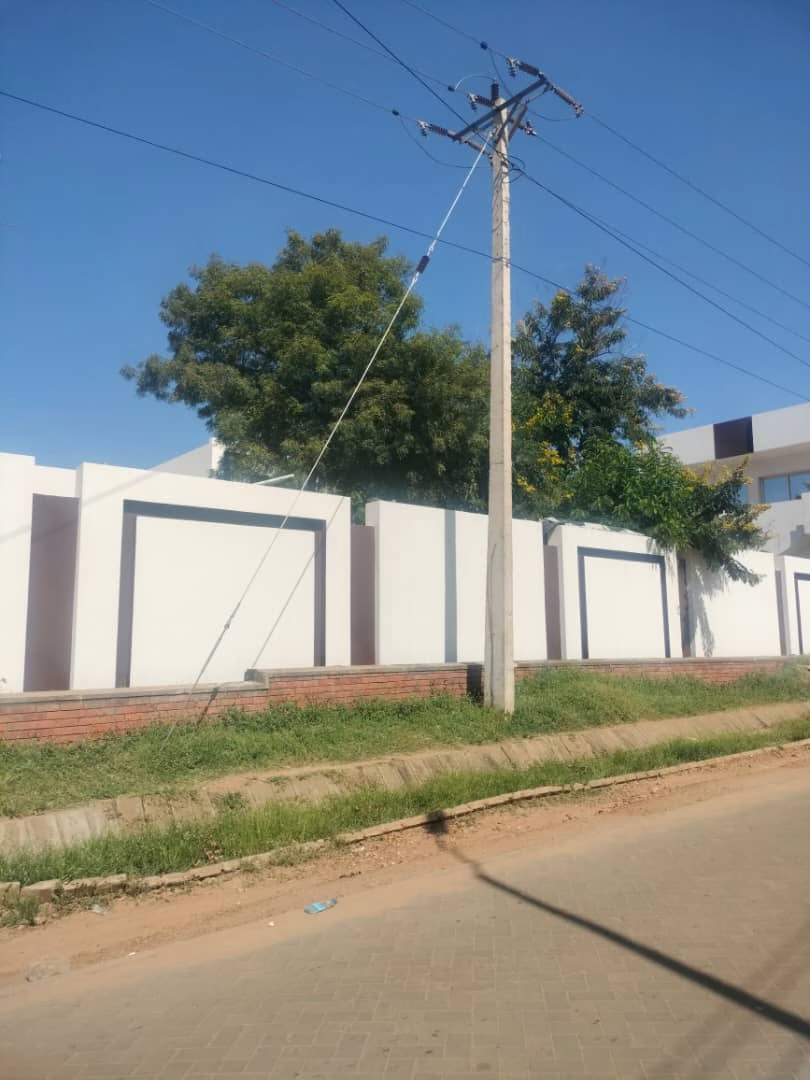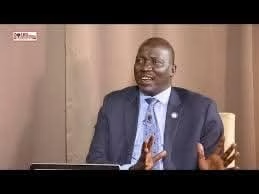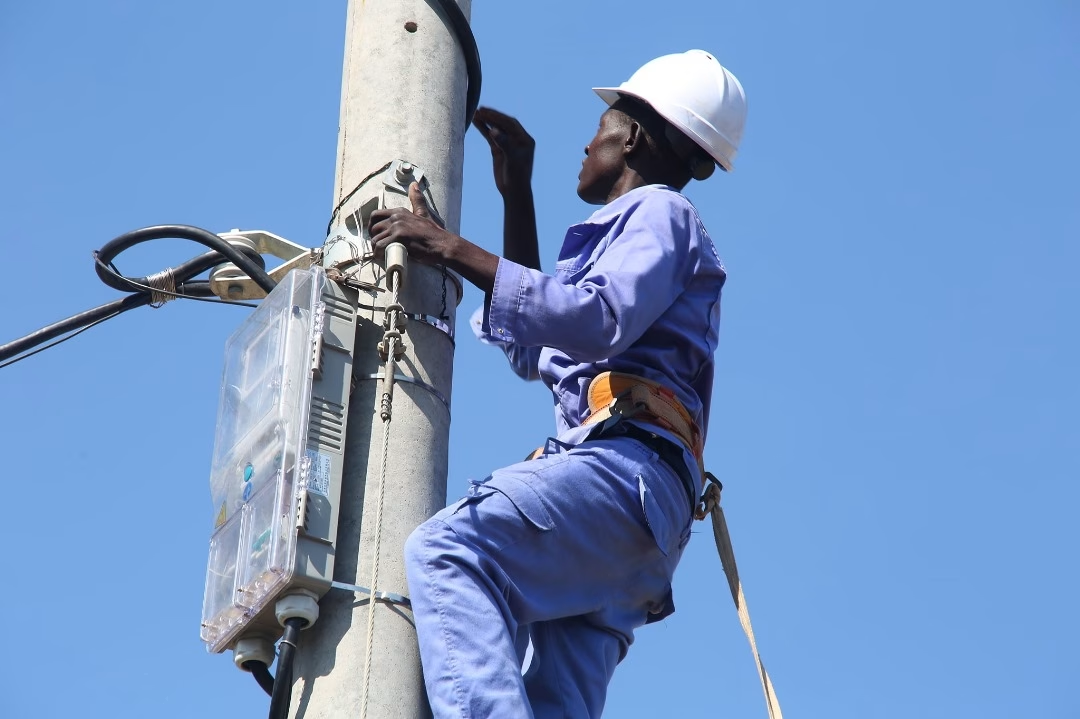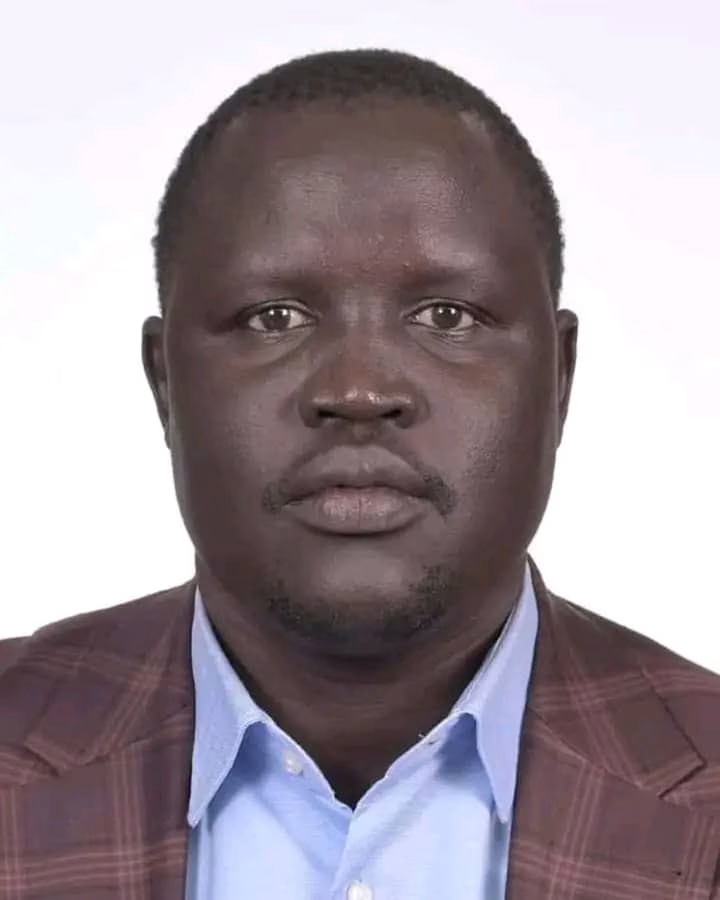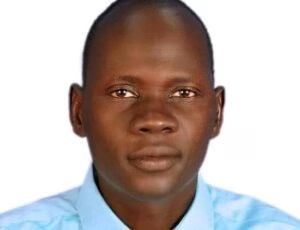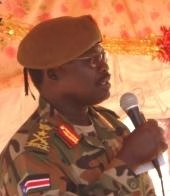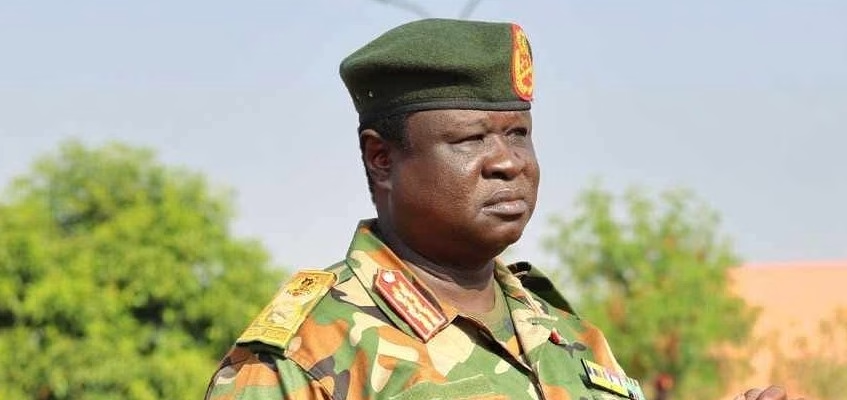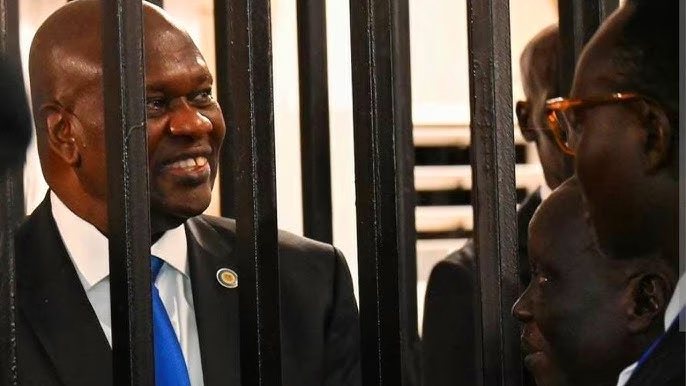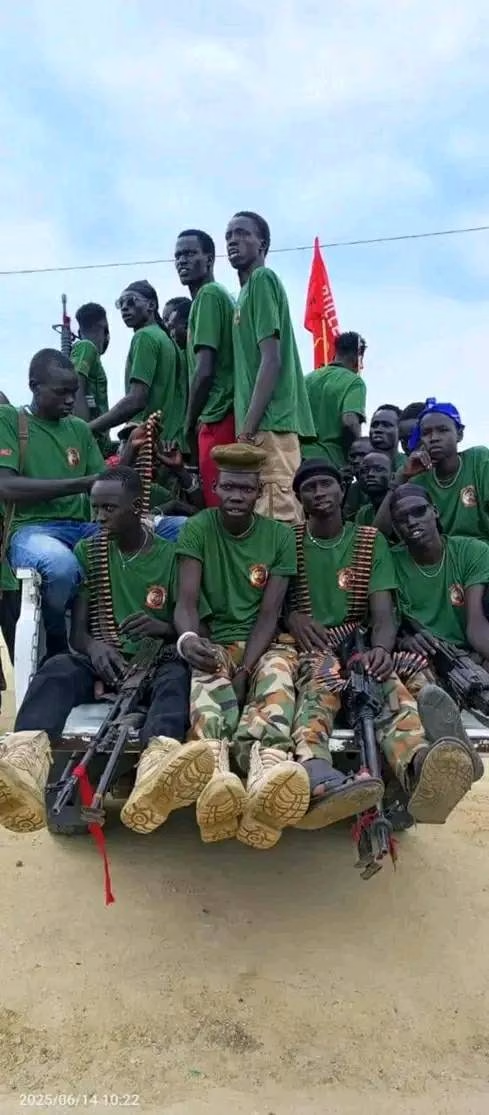By an undercover correspondent in Juba in collaboration with Bol Mel associates
In the glare of public eye, Bol Mel always put on a façade of an innocent, hardworking and loyal young man who has won the trust of President Kiir in the fierce loyalty contest that has come to characterize the President’s leadership in South Sudan. The unrelenting public opprobrium and disapprovals are sometimes interpreted as mere echoes of his defeated competitors jealous of his new found success.
However, those with access to the Vice President tells a different story, in fact most people with intimate connections to him say that Dr. Benjamin Bol Mel is orchestrating a quiet but ruthless campaign to consolidate power—one that hinges on deception, exclusion, and calculated manipulation of his most feared detractors––Tonj’s political elites.
This investigation, based on two separate discussions with sources deep inside Bol Mel’s inner circle, reveals a disturbing strategy: promise ministerial appointments to Tonj politicians while secretly working to keep them out of government until his ultimate goal—capturing full political control of South Sudan—is achieved. What a cleverness!
At the heart of this scheme are Hon. Achuil Akoc Magardit and Hon. Mayik Ayii Madut, two respected figures with long-standing service in government and liberation-era credentials. Bol Mel refers to them as “my trusted two allies in Tonj,” but his private assessments are scathing. “To be honest, they are both hopelessly lightweight politically in Tonj,” he reportedly told his associates. “Even if I get both or one of them into government, none will prove useful in advancing my goals.” I am keeping them in loving mode, Bol Mel told his people!
The Vice President’s fear of Tonj’s political class runs deep. “Tonj is full of dangerous politicians who will not allow me to ascend to power unless I deal with them in a ruthless manner,” he is quoted as saying. His paranoia is rooted in what he perceives as a regional entitlement to power. “Tuony have this belief that it is them who must inherit power from Kiir Mayardit,” Bol reportedly said during a confidential group meeting. “Why can’t somebody from elsewhere get power? Why only from Tonj?”
Bol’s political calculus has been dramatically tilted in his favor by what insiders describe as a “gift” from the President: the systematic dismantling of wartime generals and liberation-era power brokers. In 2025, the SSPDF and other security organs were purged of their most influential commanders—many exiled, frustrated, imprisoned, or sidelined without remorse.
The identified critical vocal individuals the likes of Agel Ring Machar, Been Gabriel Chol, Maker Michael Chol and others would either be bought off through jobs or eliminated by dark forces that none sees them when they are authorised to come for you. This brutal culling cleared the field for Bol Mel, a novice political upstart, to rise unchallenged. His ascent was further fueled by immense financial resources amassed through years of covert dealings with the president, who allegedly opened the nation’s coffers to a select few. Bol, among the most favored, used this wealth to build a patronage network that now threatens to eclipse traditional power centers.
In the case of Achuil Akoc, the deception runs even deeper. Bol allegedly told his associates that President Kiir himself had warned him never to appoint Achuil Akoch while still in office. “Achuil has been begging me for a ministerial appointment,” Bol said, “but I told him it’s the president, not me, who has a problem with him.” Despite acknowledging Achuil’s utility as a counterweight to General Aleu Ayieny Aleu in the Kuanythii section of Tonj, Bol dismissed him as “a cantankerous low life without morals.”
These revelations come amid growing concern over Bol Mel’s role in a shadowy cartel accused of state capture—a network that has paralyzed governance and hollowed out institutions in South Sudan. His rise to power in November 2024, following the removal and targeting of former spy chief General Akol Koor Kuc, marked a turning point in the country’s political trajectory.
With Nhial Deng Nhial ostensibly exiled and General Akol Koor locked up in his own home turned into military detention facility, this revelation risks not only rousing the ire of the VP Bol Mel’s remaining political allies in Tonj but may fuel wider discontent among Tonj elites who already harbors deep feelings of betrayal by the centre of national power and this new errand boy cum president in waiting––Bol Mel. The simmering discontent among the elites in Tonj, a traditional power house in Bahr el Gazal and the growing unease with the peace agreement unravelling, with the ongoing trial of Dr. Riek Machar may combine to destabilize not just regional politics, but the fragile national fabric itself.
This exposè is part of an ongoing investigation into elite manipulation, regional exclusion, and the hidden dynamics shaping South Sudan’s future. Names of sources have been withheld for their protection.
The Watchdog Press, watching your future••

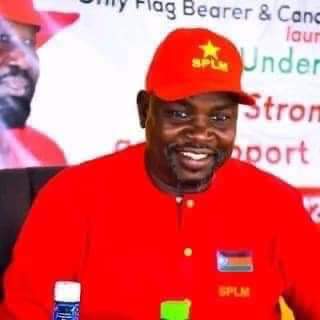
 DR. Bol Mel photo taken by Thejubamirror News
DR. Bol Mel photo taken by Thejubamirror News 
